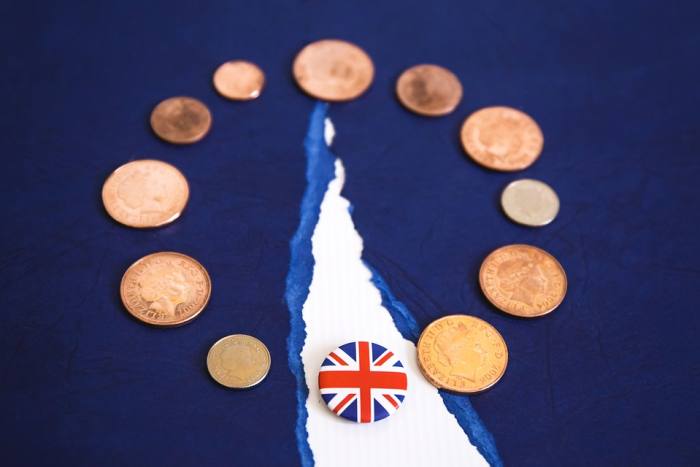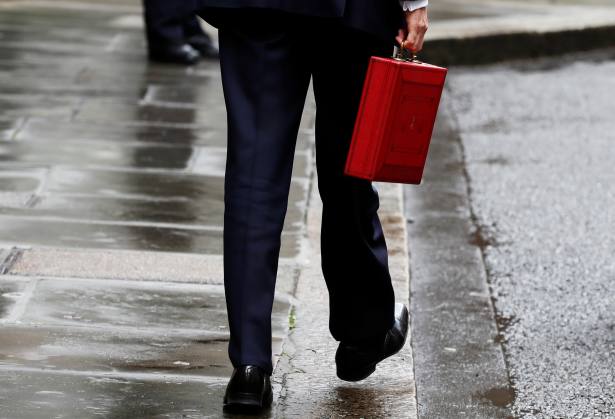
Chancellor Philip Hammond’s Autumn Budget was not about Brexit, so he kept stating during his speech, which was replete with positive, go-getting imagery intended to stiffen our sinews and summon up our blood.
“Seize the opportunities which lie within our grasp”, he hammered out. “Build on Britain’s great global success story.
“We have no doubts we choose the future; we choose to run towards change, not away from it; to prepare our people to meet the challenges ahead, not to hide from them.”
However, together with all the corresponding documents, the reality is this Budget has painted a problematic picture of the UK’s economic fortunes.
Projections have spelled out trouble in terms of growth, and commentators are in no doubt the Ghost of Brexit Future is haunting the economy.
Phillip Blond, director of think-tank ResPublica, comments: “Incremental underwhelming interventionism is probably the phrase I would use to describe the Budget.
“In terms of wholesale takeaways - the shocking regression in our growth figures - with a cumulative hit to the UK’s economy of 3 per cent by 2020, bodes ill for public services.
“They will need a longer bus to chart the costs of Brexit if this continues.”
Growth
The Office for Budget Responsibility’s (OBR’s) fiscal outlook, published alongside the Budget, seems to paint a much gloomier prospect than one might have gleaned from the positive, 'roll-up-our-sleeves and grasp-the-opportunity' Budget speech given by Mr Hammond.
The main line from the OBR was: “We have revised down our productivity and GDP forecasts and, despite lower borrowing this year, revised up our forecast for the budget deficit.”
As a result of lower GDP, investors still hoping for some return on gilts will be disappointed, as the two-year and 10-year gilt yields fell slightly in response to the predicted reduction.
Each fell approximately 2bps to 0.4 per cent and 1.27 per cent on the news, according to figures from Bloomberg.
The reason for the real GDP growth slowdown was, according to the OBR: “Public spending cuts intensify, and Brexit-related uncertainty continues to bear down on activity.”
The OBR’s GDP forecast is now:
- 1.5 per cent in 2017
- 1.4 per cent in 2018
- 1.3 per cent in 2019
- 1.3 per cent in 2020
- 1.5 per cent in 2021
- 1.6 per cent in 2022
David Page, senior economist at Axa Investment Managers, suggests the OBR has “thrown in the towel” over the growth forecasts.
He notes: “As expected the Chancellor was dealt a blow by the OBR, which revised down both its estimates of GDP and potential GDP growth. The latter was an exercise in outcome over forecast.
“Having forecast a resumption of solid productivity growth since inception, the OBR threw in the towel, today reducing its productivity growth forecast by around 0.5 per cent a year over the forecast horizon.”
What effect did this have on the FTSE 100? “So far, financial market reaction to the Budget has been muted,” says Mr Page.







